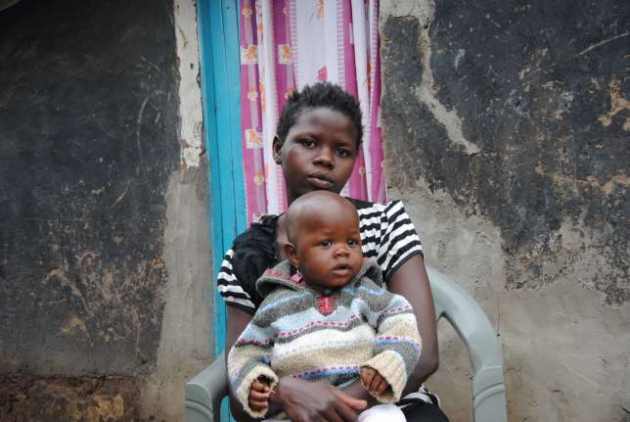Contraception Key To Preventing Teenage Pregnancy, Abortion – NURHI

With a goal to reduce the level of teenage pregnancy and abortion in the country, the Nigerian Urban Reproductive Health Initiative (NURHI), has called for access to contraception as Nigeria joins the rest of the world to commemorate World Contraception Day (WCD).
In a statement made available to our correspondent, Senior Technical Advisor on Advocacy for NURHI, Mrs Charity Ibeawuchi, recommends that for Nigeria to tackle the challenges of uptake of family planning, contraception requires, “political commitment backed by adequate and sustained funding of family planning programmes by the government at all levels will create the necessary enabling environment that will result in decreasing maternal deaths and morbidity thereby increasing maternal survival, increased productivity and poverty reduction.
“Family planning plays a major role in improving maternal, new born and child health. Family planning helps to avoid the proven challenges that women face in pregnancy and child birth when they are too young and too old in age and or when pregnancies are too close and too many. Successful family planning programmes improve quality of life whilst significantly contributing to demographic dividends and national development.”
She said of utmost importance is the need for adequate information to correct some of the myths and misconceptions in order to break barriers surrounding contraceptives use in Nigeria most especially with the high rate of teenage pregnancies.
She however added that, “sex can be fun, pleasurable and fulfilling part of life, but without protection, it can lead to Sexually Transmitted Infections (STIs), and unplanned pregnancies which can have huge impact on the individual as well as their partner’s life.”
Ibeawuchi revealed that, “NURHI support the promotion of information on the importance of contraceptives use and its contribution to control of unwanted and unplanned pregnancies, unsafe abortion and reduction in maternal mortality and morbidity. Contraception prevents unsafe abortion which is a persistent, preventable pandemic and it remains one of the most neglected sexual and reproductive health problems in the world today.”
She said according to National Demographic Health Survey 2013, the prevalence rate for contraceptive use in Nigeria is only 15 percent. This is very low in spite of the high rate of sexual activity and widespread awareness of the various contraceptive methods among Nigerian men, women, adolescent and youths.
Lending her voice, the Executive Secretary, Youth Empowerment Foundation, Mrs Iwalola Akin-Jimoh, charged teenagers, women and youths to take responsibility for their sexual and reproductive health life.
She reiterated that the best for teenagers and youths is abstinence, adding that “teenage pregnancy is a serious social problem. Having children at a young age can damage young women’s mental and physical health, limit their education and career prospects, and increase their risk of living in poverty and social isolation. Thus, it is important for adolescents and youths to focus on their goals and avoid distractions, there is time for everything in life.”












